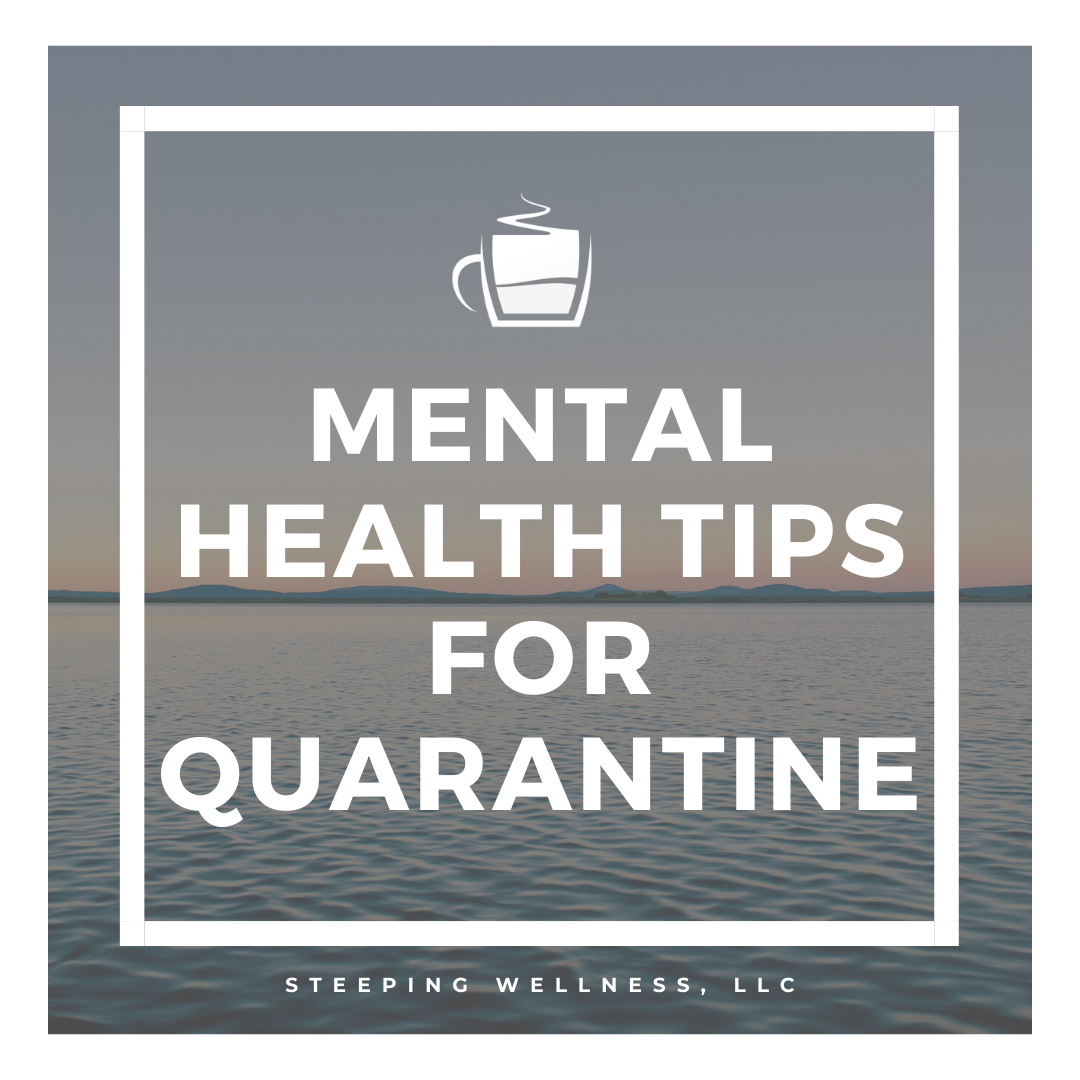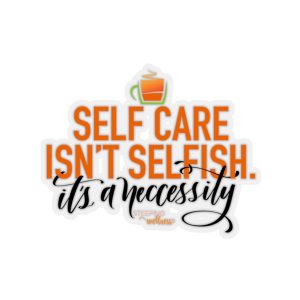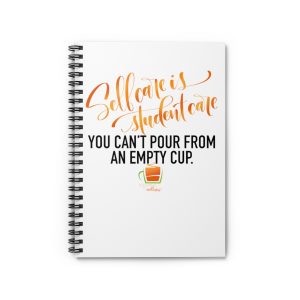- Connect with at least one person outside of your home a day. Schedule a cocktail facetime hour with a friend you haven’t seen in a while, a face mask video call with a few friends for a spa-like experience, or have a conference call with extended family while watching a re-run of a great game.
- Open all shades and curtains everyday. Let the light in- it makes a difference in how you feel emotionally. It also helps connect you to what’s going on outside of your home, including nature.
- Choose a special glass or cup for water. When you make it seem like something extraordinary, you’re more likely to use it. If you don’t have one in mind already, choose one and decorate it!
- Shower and put clean clothes on. Hey, we love a jammie day just as much as the next person, but even just washing your face and putting on a clean pair of comfy clothes improves your mental health in times like these.
- Get outside each day. Cold and rainy? No worries- just put on your winter clothes, grab an umbrella and listen to your favorite music while going puddle jumping. Extra bonus, the neighbors who see you go by might be inspired to do the same, or at least you’ll cause a happy reaction from them. 🙂
- Play music that makes you happy as much as possible (background music is way better than running the news right now). Music has vast power to impact our emotions. By playing happy music, it instantly lifts your spirits.
- Designate spaces. Our brains do a lot of association, so by designating spaces for eating and working, for example, it can help us be more efficient. If you have been taking snacks to your new “home office” you’re created (new space, converted space, living room couch, wherever), we start to associate working or being in that designated space with eating. By keeping eating to one designated space, it can help tell our brains “no eating here” and keep the temptation down. Similarly, if we’re working from bed (even though it’s so comfortable), we can start to associate the bed with work and sleep might become a bigger issue than it already might be.
- Get active each day. According to the World Health Organization, “Sedentary behavior and low levels of physical activity can have negative effects on the health, well-being and quality of life of individuals. Self-quarantine can also cause additional stress and challenge the mental health of citizens. Physical activity and relaxation techniques can be valuable tools to help you remain calm and continue to protect your health during this time.” Ideas for getting active include: Taking breaks during the day to dance, do the dishes or play; going for a walk; or taking an online fitness class or following a YouTube exercise video.






